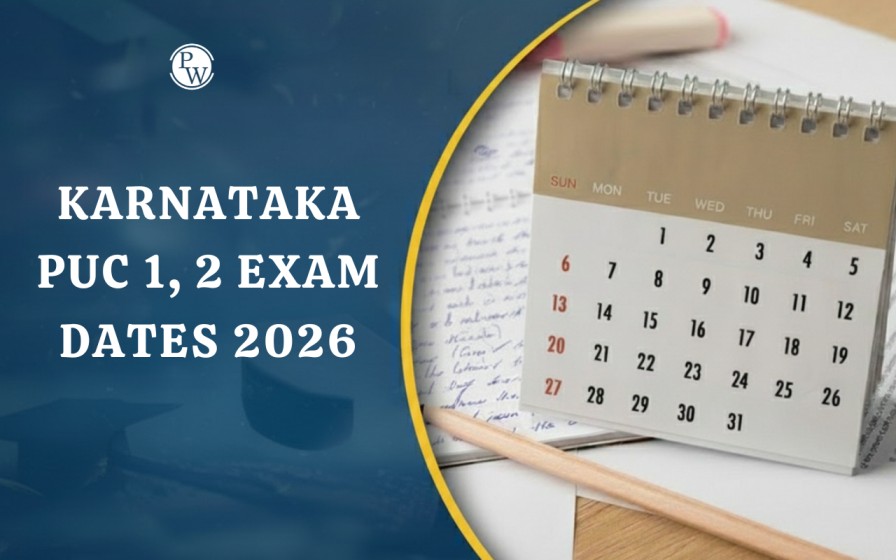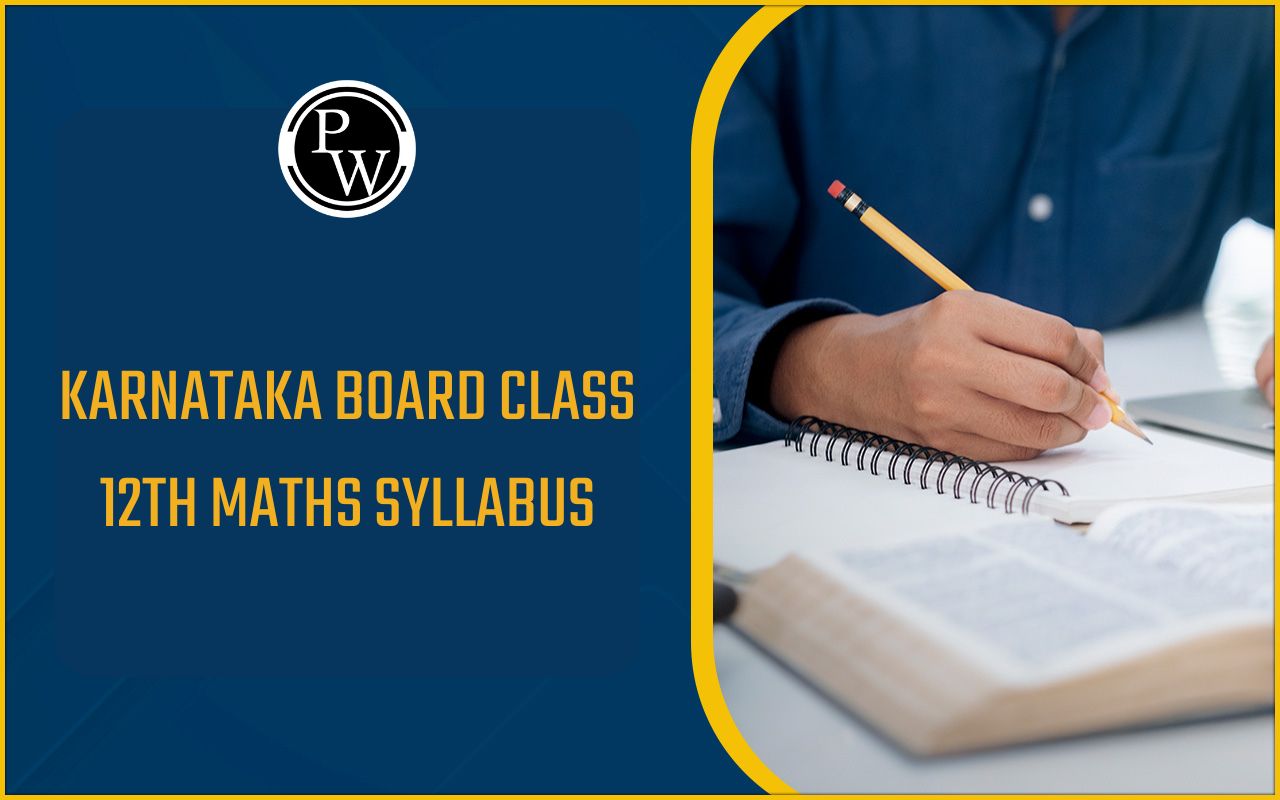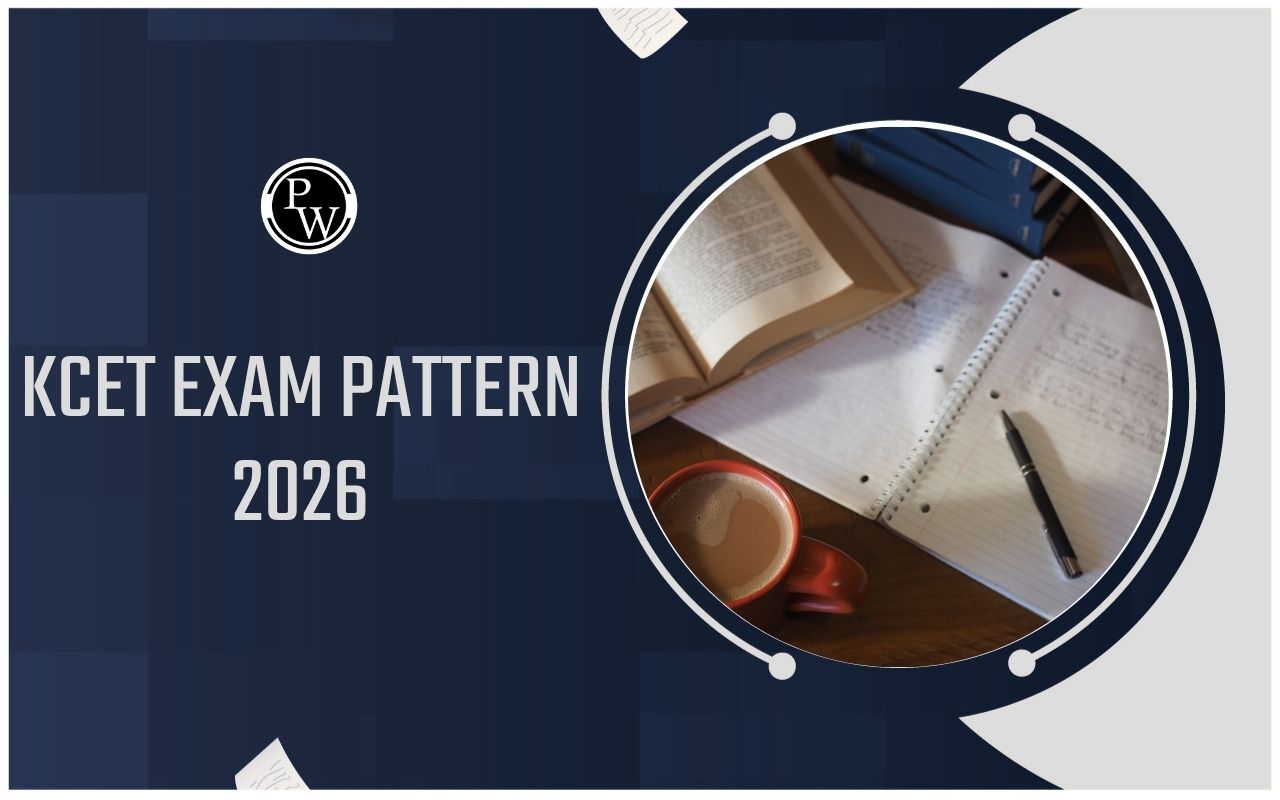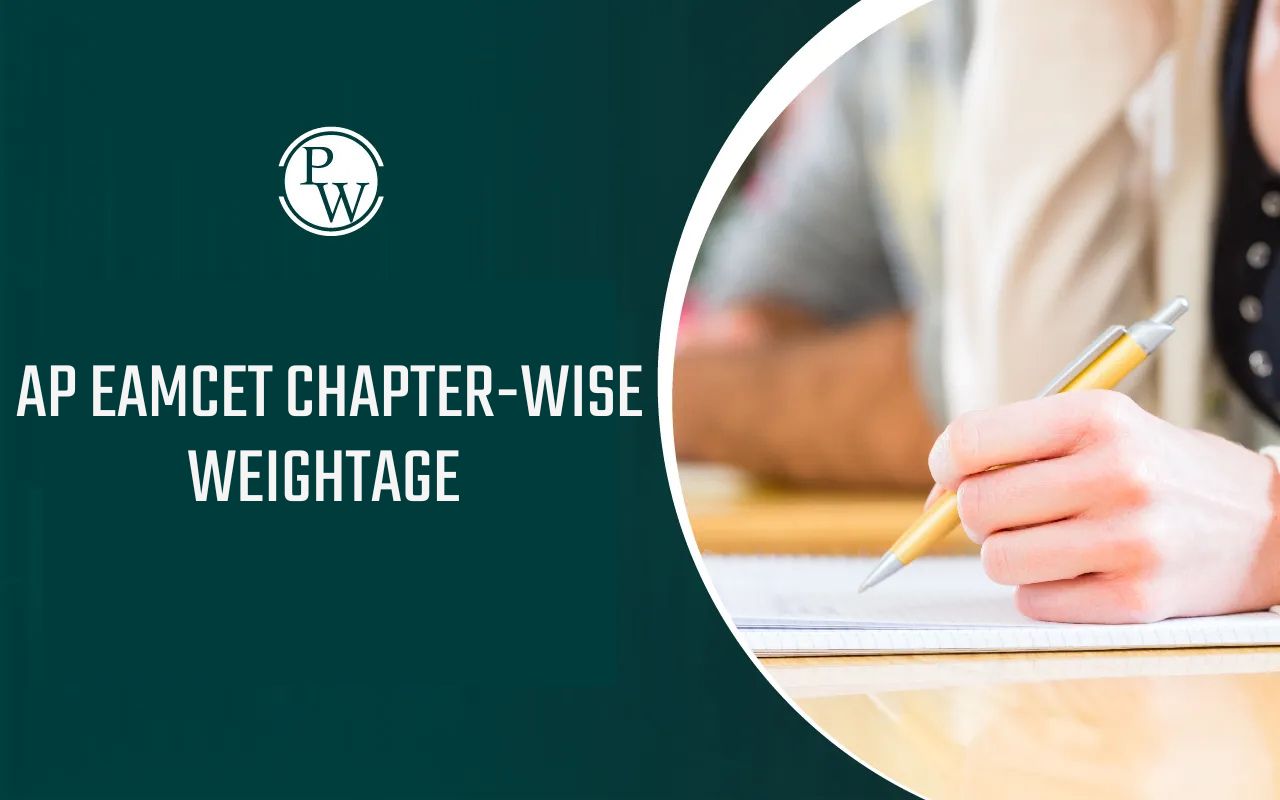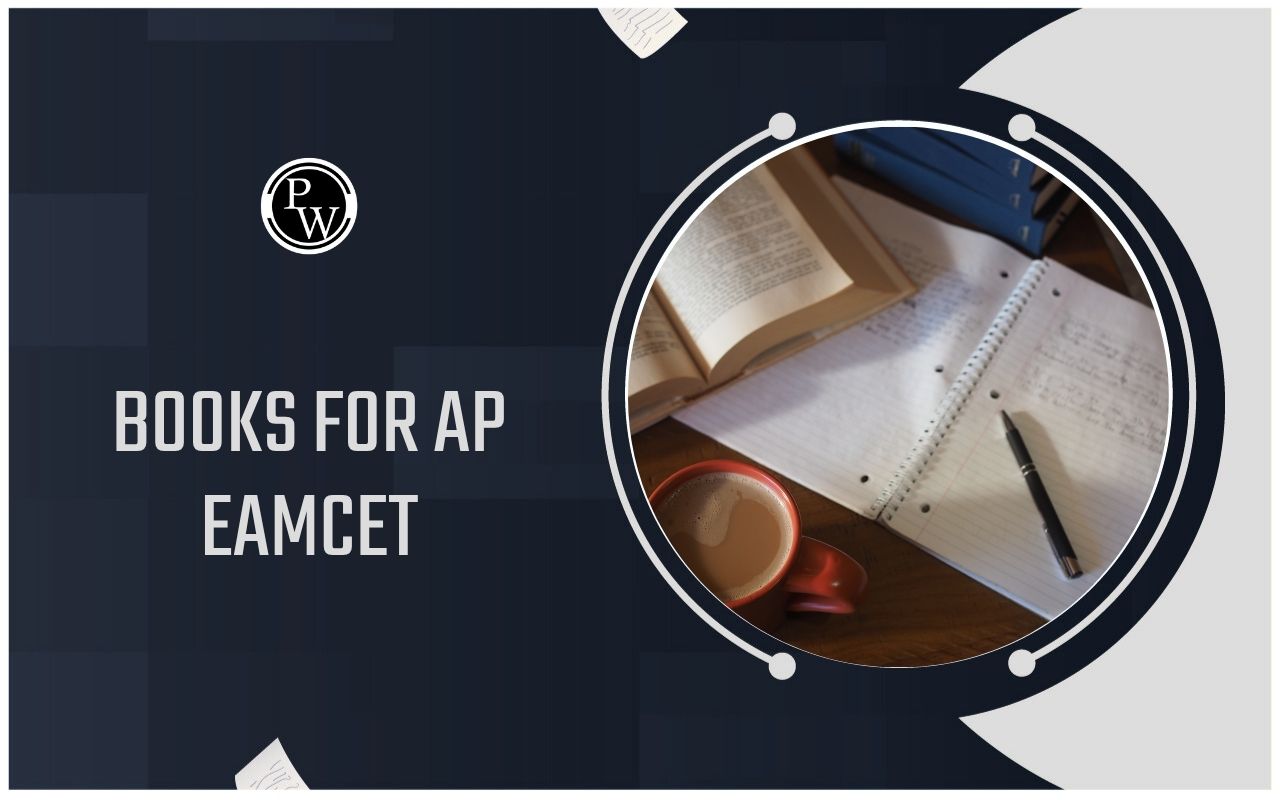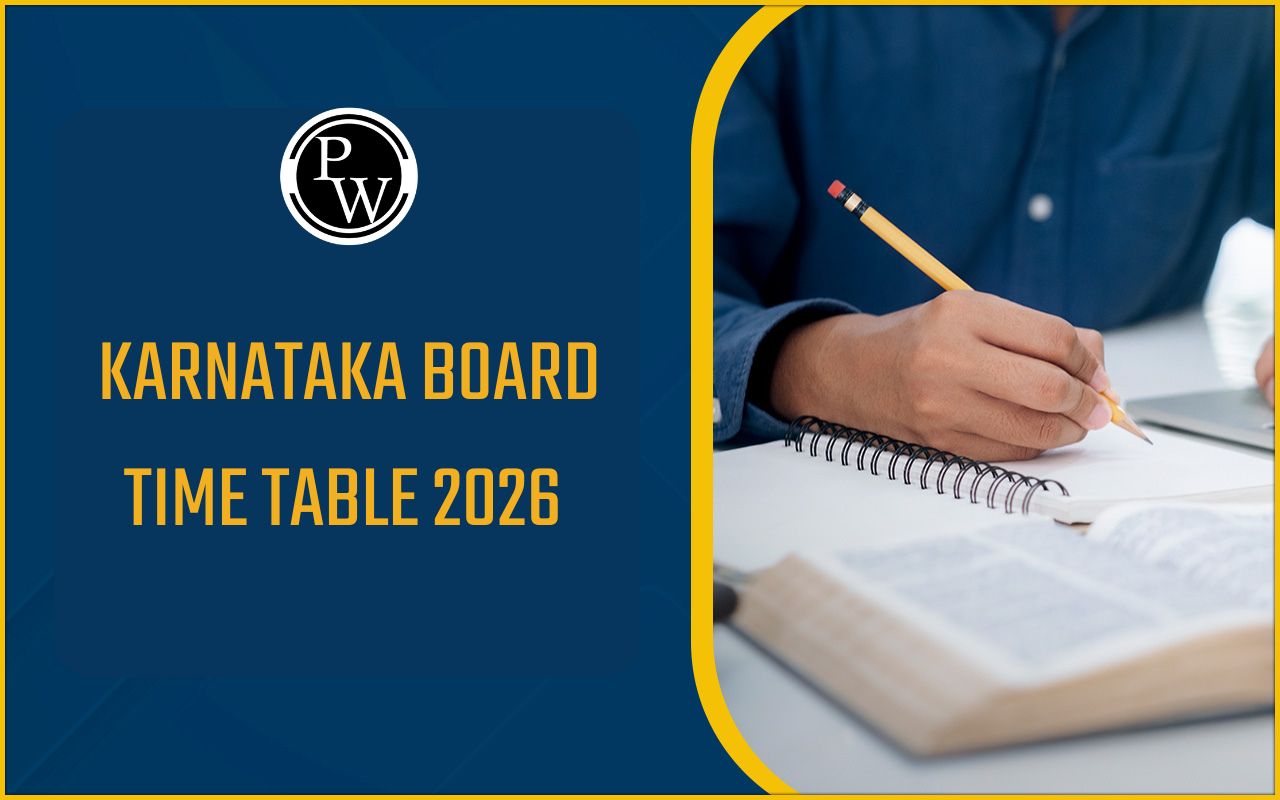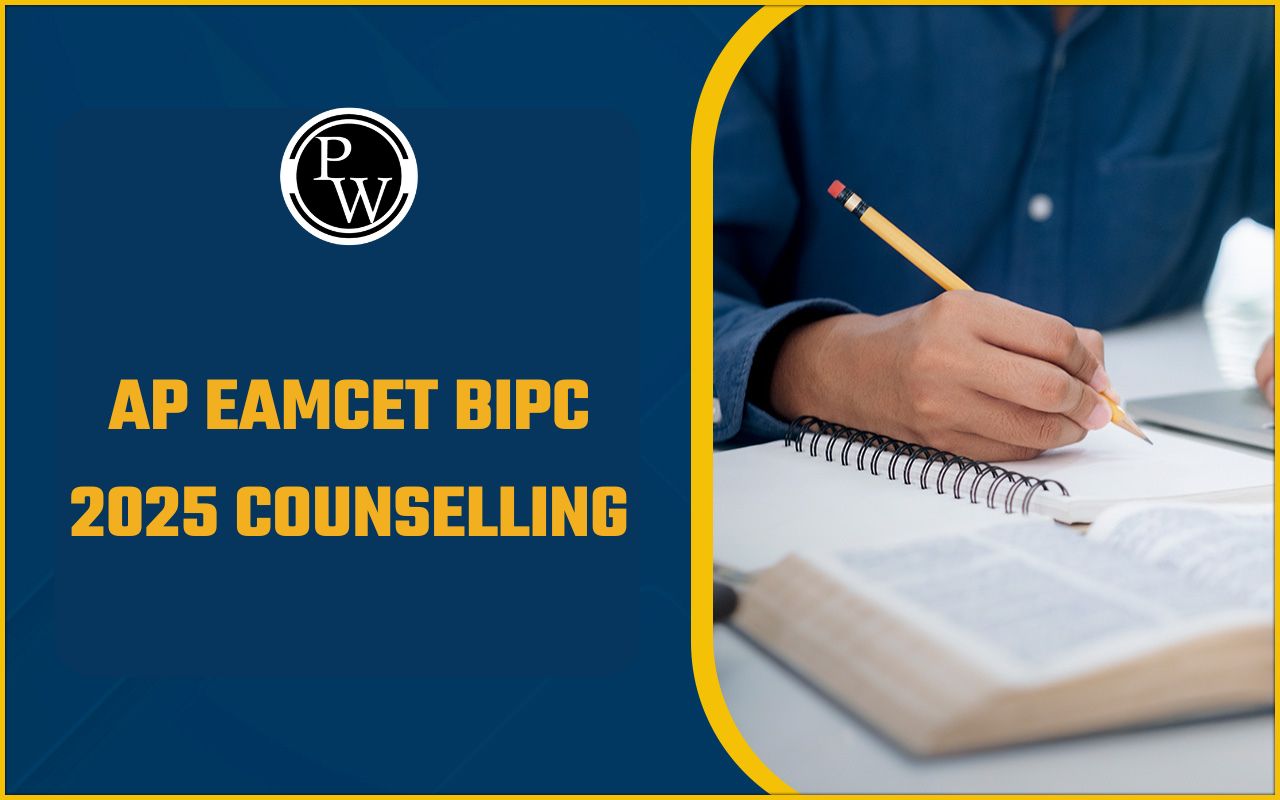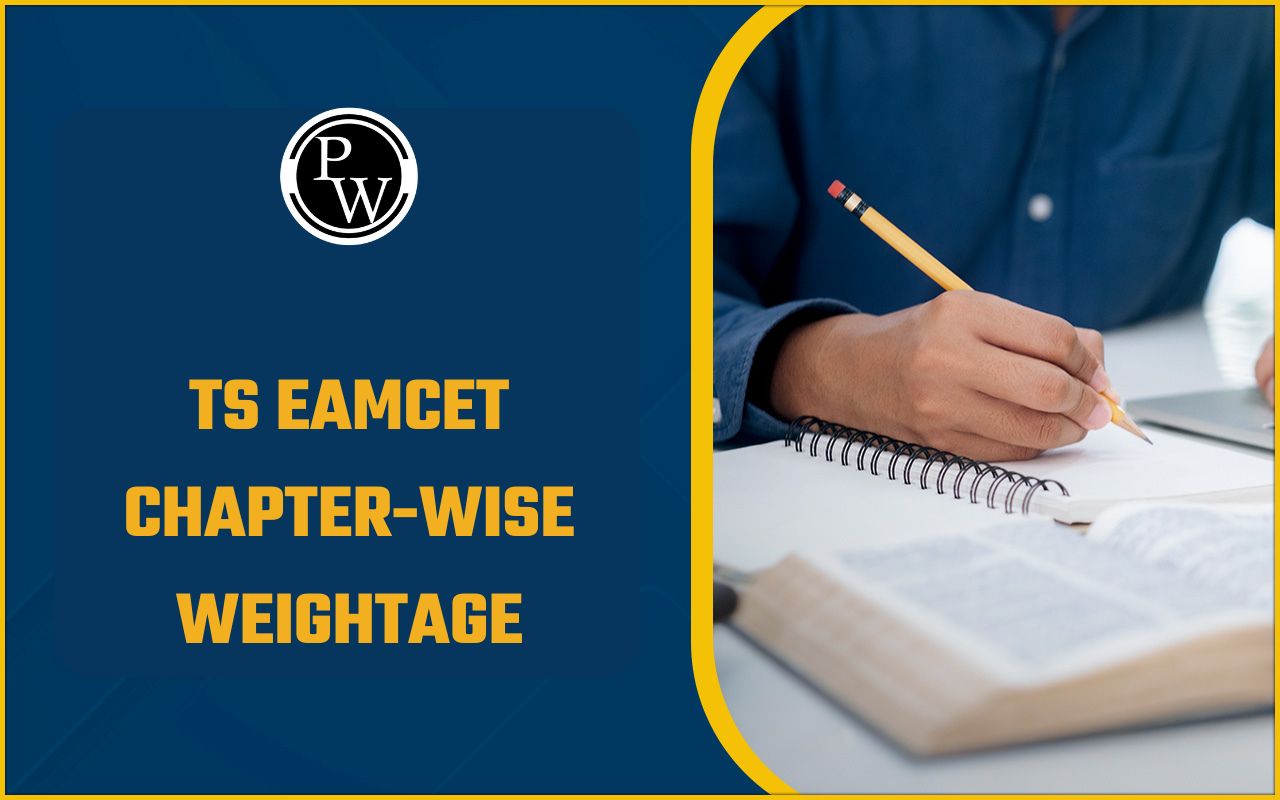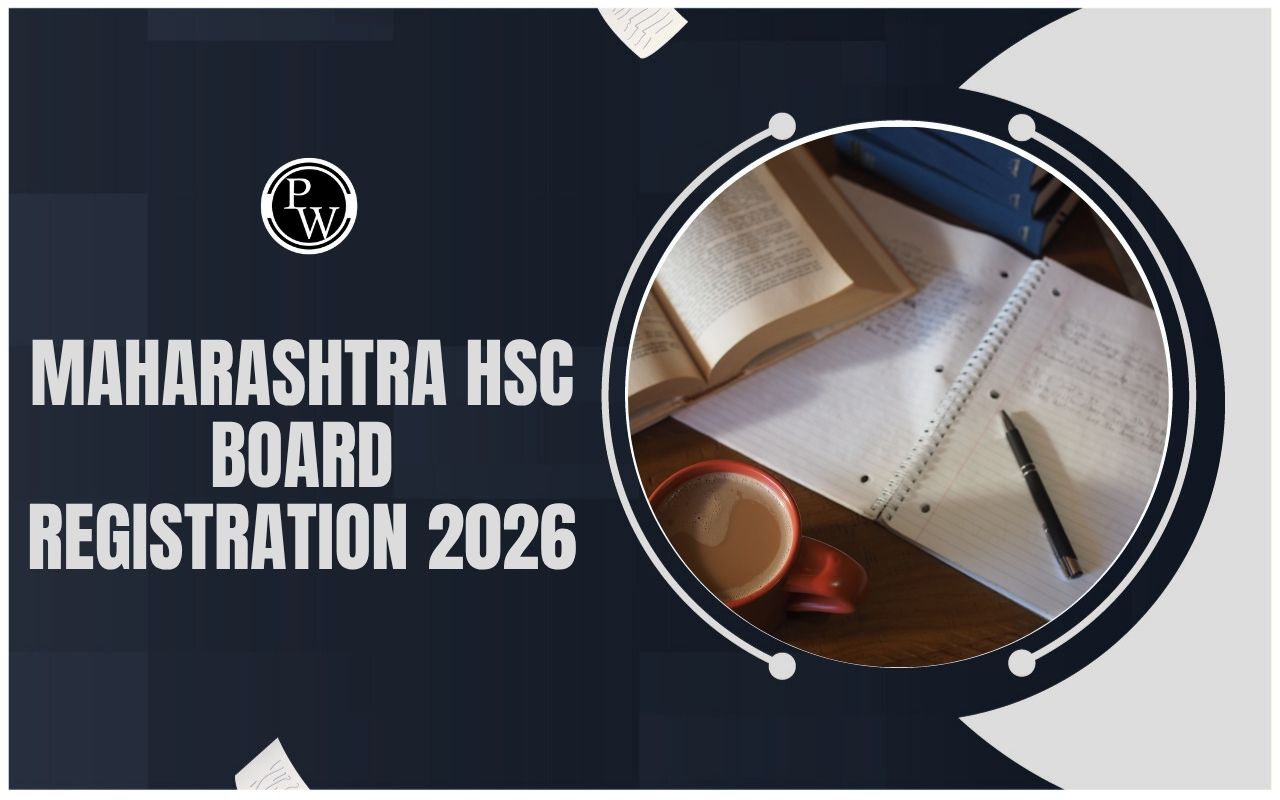
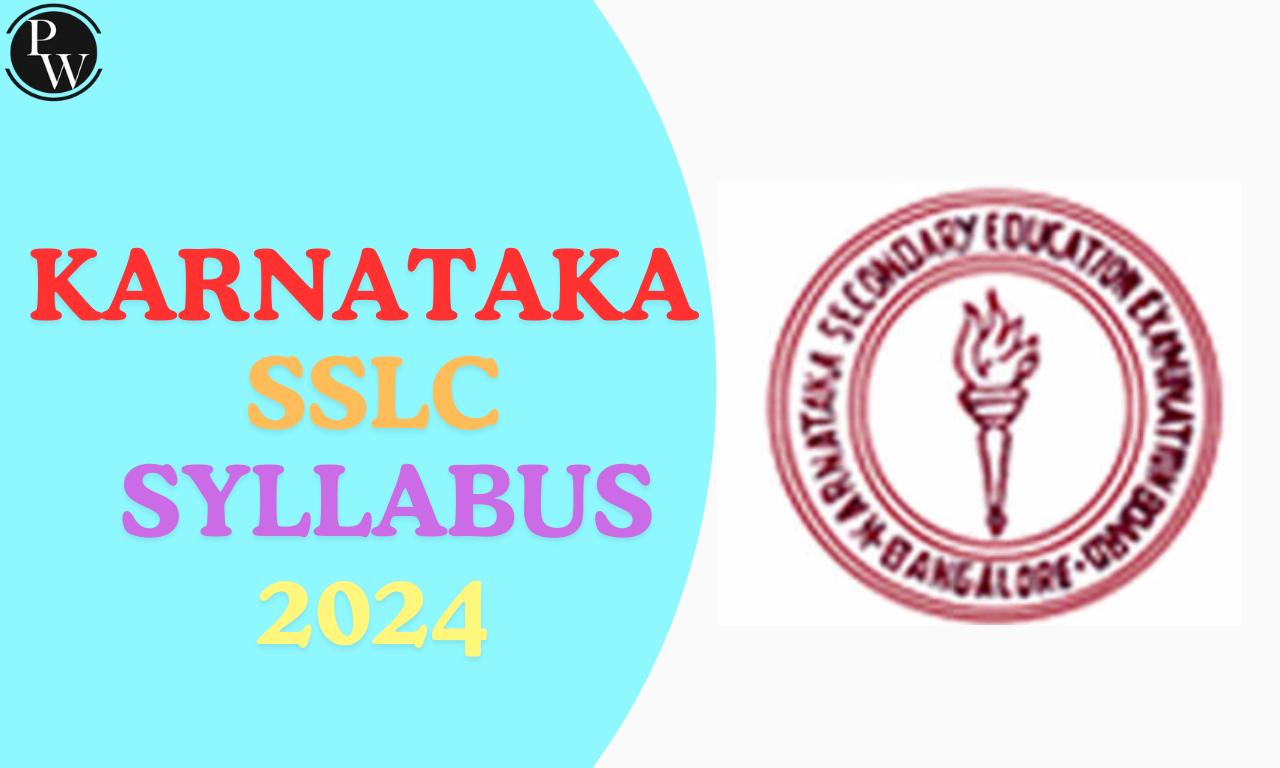
Karnataka SSLC Social Science Syllabus 2024 : The Karnataka State Secondary Education Examination Board (KSEEB) creates and publishes the Karnataka SSLC Social Science Syllabus 2024 in PDF format. In its entirety, the SSLC, also known as the Secondary School Leaving Certificate, is the test that students in classes 10 and 11 take.
Candidates who are familiar with the full Karnataka Class 10th Syllabus 2024 and the Karnataka SSLC Exam Pattern 2024 will be better able to decide which topics they should concentrate on more to perform well in the exam.
Students can get the subject-specific Karnataka Class 10th Syllabus 2024 PDFs from the official website or the URLs below. Students must also read the exam pattern to understand the scoring methodology and the relative importance of the internal evaluation and theory exams.
Before starting the syllabus, candidates should review the Karnataka SSLC Timetable 2024. Candidates can view the whole Karnataka Class 10th Syllabus 2024 for all subjects on this page.
Karnataka SSLC Syllabus 2024 Overview
The two time slots for the Karnataka SSLC exams are 9:30 AM to 12:30 PM and 2:00 PM to 5:15 PM. The board will give the pupils 15 minutes to carefully study the question paper. The students' perceptions of the exam's strong and weak points can aid in time management. Let's quickly review the Karnataka SSLC examination.
|
Karnataka SSLC Syllabus 2024 Overview |
|
| Conducting Authority | Karnataka Secondary Education Examination Board (KSEEB), Karnataka |
| Category | Karnataka Class 10th Syllabus 2024 |
| Mode of reference | Online |
| SSLC Official website | sslc.karnataka.gov.in |
Karnataka Class 10th Subject-wise Syllabus 2024
Each academic session begins with the creation of a unique SSLC exam syllabus by the Karnataka school board. Students in class ten take two languages in addition to the three mandatory courses.
Math, science, and social science are all essential subjects. Contrarily, three languages are available—designated as First Language, Second Language, and Third Language—and students may choose one from the possibilities presented on the board.
Because it includes information on the chapters that will be studied as well as the grading system, exam style, subject overview, and many other aspects, the Karnataka SSLC Syllabus 2024 is an essential resource for students.
Students are advised to read the Karnataka SSLC Syllabus 2024 before the commencement of the academic session so that they are aware of the chapters being taught and may arrange a study programme to deepen their grasp of the topic. Additionally, the sections following offer students a thorough introduction to the pertinent fields:
|
Karnataka Class 10th Syllabus 2024 Subject-wise |
|
| Subjects | Download Link |
| Maths | |
| Science | |
| English | |
| Social science | |
| Kannada | |
| Hindi | |
Karnataka SSLC Social Science Syllabus 2024
This page's presentation of the Karnataka Class 10th Syllabus 2024 for Social Science is only a reference that gives an idea of the chapters and academic year units that will be covered in class. Before beginning their exam preparation, students must fully understand the Karnataka Class 10th Syllabus 2024 because doing so will enable them to plan their studies.
At the beginning of the academic year, students who have access to the Karnataka Class 10th Syllabus 2024 can begin studying for the exams. Additionally, by looking at the Karnataka Class 10th Syllabus 2024, individuals can organise and streamline their academic endeavours.
Karnataka Class 10th Social Science Syllabus 2024
The Karnataka Class 10th Syllabus 2024 for social science is divided into five sections. The table below contains a complete listing of the Karnataka Class 10th Syllabus 2024.
There will be 80 marks on the question paper, 20 of which will be determined by internal evaluations. Examine the main points discussed here.
|
Karnataka Class 10th Social Science Syllabus 2024 |
|
| Subject | Chapters/Units/Topics |
| Geography | Resources Natural Resources Agriculture Forest and wildlife resources Water resources Mineral Resources Power Resources Manufacturing Industries Lifelines of the National Economy |
| Economics | The Story of Development Money and Financial System The Role of the Service Sector in the Indian Economy Globalisation Consumer Awareness |
| History | Nationalism in Europe Nationalist Movement in Indo-China Nationalism in India: Civil Disobedience Movement Industrialisation 1850s–1950s Urbanisation and Urban Lives Trade and Globalization Print Culture and Nationalism History of the Novel |
| Political Science | Working of Democracy Power-sharing mechanisms in democracy Competition and contestations in democracy Outcomes of democracy Challenges to democracy |
Karnataka Class 10th Topic-wise Syllabus 2024
The Karnataka Class 10th Syllabus 2024 for social science consists of four units: history, civics, geography, and economics. Each of these sections is essential to the overall development of the kids.
Through this subject, students can learn about their historical and current surroundings.
Here, a topic-by-topic breakdown of the Social Science Syllabus for the Karnataka Class 10th Syllabus 2024 is provided.
| Karnataka Class 10th Syllabus 2024 Social Science | ||
| Chapter No. | Chapter Name | Topics |
| Chapter 1 | Heritage of India | India: Location and area, rich and varied heritage, the meaning of culture, cultural heritage of India, natural heritage of India, Cultural heritage of Gujarat, fairs of Gujarat, India: Land and people, Preservation and conservation of Heritage. |
| Chapter 2 | Cultural Heritage of India: Traditional Handicraft and Fine Arts | Introduction, Art of Indian Artisans, Art Clay Work, Art of Weaving, Art of Embroidery, Leather Industry, Diamond Beadwork and Enamel Work, Jari Work, Metal Work, Wooden Art, Inlay Work, Akik Work, Painting, Kuchipudi, Kathakali, Manipuri Dance, Dramatic Art, Bhavai, Folk Dance of Gujarat, Tribal Dance, Garba, Rasa, Other Dances of Gujarat. |
| Chapter 3 | Cultural Heritage of India: Sculpture and Architecture | Interaction, Sculpture, Architecture, Ancient Indian Town Planning, Mauryan Art, Pillar Inscription, Pillar at Sarnath, Stone Inscription, Dravid Style of Art In South India, Art of Gupta Period, Cave Architecture, Linear Sketch of Temple, Jain Temple, Medieval Architecture, Architecture of Gujarat, Information About Linear Sketch of Mosque. |
| Chapter 4 | Literary Heritage of India | Language and Literature, Ancient Indian Literature, Mediaeval Literature, The Ancient Universities of India. |
| Chapter 5 | India’s Heritage of Science and Technology | Heritage of Ancient India in the Fields of Science and Technology, Metallurgy, Chemistry, Science of Medicine and Surgery, Mathematics, Astronomy and Astrology, Vastushastra. |
| Chapter 6 | Places of Indian Cultural Heritage | Caves of Ajanta, Ellora caves, Elephanta Caves, Mahabalipuram, Pattadakal Memorial, Temples at Khajuraho, Sun Temple of Konark, Brihadeshwara Temple, Qutub Minar, Hampi, Humayun’s Tomb, Fort of Agra, Taj Mahal, Red Fort, Fatehpur Sikri, Churches of Goa, Champaner, Places of Cultural Heritage of Gujarat, Dholavira and Lothal, Junagadh, Ahmedabad, Patan, Places of pilgrimages of India. |
| Chapter 7 | Preservation of Our Heritage | Need for the Preservation of Cultural Heritage, Necessity of Preservation of Cultural Heritage, Tourism Industry and Our Heritage, Preservation of Heritage and Measures of Conserve, Ancient Memorial and Archaeological Sites and Remains Act, Our Role in Preservation of Heritage, Cleanliness and Preservation of Picnic Spots, India: Unity in Diversity. |
| Chapter 8 | Natural Resources | Uses of Resources, Types of Resources, Planning and Conservation of Resources, Soil Formation, Soil, Types of Soil, Soil Erosion, Measures to Prevent Soil Erosion, Conservation, Remedies of Soil Conservation. |
| Chapter 9 | Forest and Wildlife Resources | Classification of Forest, Types of Forest According to Administration, Classification of Forest According to Ownership, Administration and Management, Deforestation, Impact of Deforestation, Remedies of Forest Conservation, Wildlife Diversity, Wildlife Of Extinction, Reasons for the Destruction of Wildlife, Measures of Preservation of Wildlife, Wildlife Protection Scheme, Sanctuaries, National Parks and Biosphere Reserves. |
| Chapter 10 | India: Agriculture | Types of Farming, Forming Methods, Agriculture Products of India, Hot Beverages, Cash Crops, Technical Reforms, Green Revolution, Role of Agriculture in Indian Economy, Impact of Globalisation of Indian Agriculture. |
| Chapter 11 | India: Water Resources | Sources of Water, Water Resources and Uses, Distribution of Area Under Irrigation, Water Crisis, Management and Conservation of Water Resources, Watershed Development, Rainwater Harvesting, Main Objectives of Rainwater Harvesting, and Points should be Considered for Water Management. |
| Chapter 12 | India: Mineral and Energy Resources | Mineral, Iron Ore, Manganese, Copper, Bauxite, Mica, Lead, Limestone, Mineral Energy Resources, Classification of Energy Resources, Non-Conventional Energy Resources, Solar Energy, Wind Energy, Biogas, Geothermal Energy, Tidal Energy, Mineral Preservation, Remedies for Mineral Preservation. |
| Chapter 13 | Manufacturing Industries | Importance of Industries, Classification of Industries, Agro Based Industries, Cotton Textile Industry, Jute Textile Industry, Silk Textile Industry, Woolen Textile Industry, Synthetic Textile Industry, Sugar Industry, Paper Industry, Mineral Based Industries, Iron and Steel Industries, Aluminium Refining Industries, Road Vehicles, Shipbuilding Industry, Electronic Industry, Industrial Pollution and Environmental Degradation, Remedies of Curb Environmental Degradation. |
| Chapter 14 | Transport Station, Communication and Trade | Transportation, Road for Land Transportation, Classification of Indian Roadways, National Highway, State Highway, District Roads, Village Roads, Border Roads, Traffic Problems, Some Suggestions to Remove Traffic Problems, Railway, Progress Of Railway, Communication, Individual Communication System, Mass Communication System, Satellite Communications, Trade, Internal Trade, International Trade, Important Trade Of India, Export Trade Of India. |
| Chapter 15 | Economic Development | Economic Development, Difference Between Economic Progress and Economic Development, Features of Developing Economy, Economic and Non-Economic Activities, Structure of Indian Economy, Features of Market Mechanism System, Benefits of Market Mechanism System, Limitations of Market Mechanism System, Socialist System, Features of Socialist System, Benefits of Socialist System, Limitations of Socialist System, Mixed Economy. |
| Chapter 16 | Economic Liberalisation and Globalisation | Economic Liberalisation, Advantages of Liberalisation, Disadvantages of Liberalisation, Privatisation, Advantages of Privatisation, Disadvantages of Privatisation, Sustainable Development, Strategies to be Adopted for Conservation and Preservation of Natural Resources, Step Taken to Protect Environment. |
| Chapter 17 | Economic Problems and Challenges: Poverty and Unemployment | Poverty, People Living Below Poverty Line, Measurement of Poverty, Poverty In India, Reasons of Poverty, Strategy of Poverty Eradication, Poverty Elevation Programme, Unemployment, Proportion of Unemployment in India, Efforts to Reduce Unemployment, World Labour Market. |
| Chapter 18 | Price Rise and Consumer Awareness | Reasons for Price Increase, Increase in Monetary Supply, Population Growth, Increase in Export, High Price of Raw Material, Usage of Non-Registered Currency, Smuggling and Black Marketing, Public Distribution System, System Certified Weights and Measures and Purity of Goods, Organisation at the International Level, Who Can File a Complaint? Where? How to File a Complaint? |
| Chapter 19 | Human Development | Meaning of Human Development, Human Development Index, Human Development Report, Challenges of Human Development, Health, Sex Ratio, Women Empowerment, Where Are Schemes of Gujarat Government for Providing Equality to Women. |
| Chapter 20 | Social Problems of India and Challenges | Communalism, Struggles Against Communism, Castism, Constitutional Provisions for Protection of Interest of the Minorities, Week and Backward Classes, Minorities, Scheduled Caste and Scheduled Tribes, Constitutional Provisions, General Provisions, Special Provisions, Provisions Only for Scheduled Tribes, Terrorism A Global Problem, Rebellion and Terrorism In India, Insurgents in North East, Terrorism in Kashmir, Social Effects of Terrorism, Economic Impacts of Terrorism. |
| Chapter 21 | Social Change | Awareness About Law And Its Need, Why is it Necessary To Have General Knowledge About Law?, Rights of Citizens, Fundamental Rights Of Citizens, Rights Of Children, Write For Protection Against Exploitation, Right To Information Act 2005, How to Obtain Information, Provisions for Appeal, Provisions For Fine, Law Regarding Right to Freedom And Compulsory Education 2009 ( RTE 2009), National Food Security Act 2013, Objectives of Food Security Bill, Some Legislative Provisions. |
How to Download the Karnataka Class 10th Syllabus 2024 for Social Science?
Please refer to the image below for more details on how to obtain the Karnataka Class 10th Syllabus 2024.
The following is a list of ways to obtain the Karnataka Class 10th Syllabus 2024 from the official website.
Step 1 : Visit the official website, sslc.karnataka.gov.in.
Step 2: Click "S KSEEB Class 10 Syllabus 2024 " on the homepage.
Step 3: Next, click the curriculum link for the tenth grade.
Step 4: A screen displaying the " KSEEB Class 10 Syllabus 2024" broken down by subject will appear.
Step 5: Click on the links for the science subjects to download the KSEEB Class 10 Syllabus 2024 in PDF format.
Step 6: Save the KSEEB Class 10 Syllabus 2024 for further use.
KSEEB Study Guides for Class 10
One of the classes where students must pay close attention to their studies is KSEEB Class 10. After finishing class 10, students have more clarity regarding their goals and academic objectives.
Students must have the best study tools that will enable them to access all of the study information in one location because class 10 is so crucial.
Physics Wallah is one of the best websites for getting test preparation materials. Almost all of the NCERT study materials for class 10th are available for download on this page, including the textbooks, solutions, and test preparation notes.
| Karnataka SSLC 2024 Quick Links | ||
| Karnataka SSC Time Table 2024 | Karnataka SSC Admit Card 2024 | Karnataka Class 10th Syllabus 2024 |
| Karnataka SSC exam Pattern 2024 | Karnataka SSC Result 2024 | Karnataka Board Class 10 Previous Year Question Papers |
Karnataka SSLC Social Science Syllabus 2024 FAQs
What is the meaning of A+ in SSLC?
Is social science in the tenth grade easy to learn?
What is the social studies Karnataka Class 10th Syllabus 2024?
How can I get ready for Social Science of class 10?
Are SSLC marks significant?

